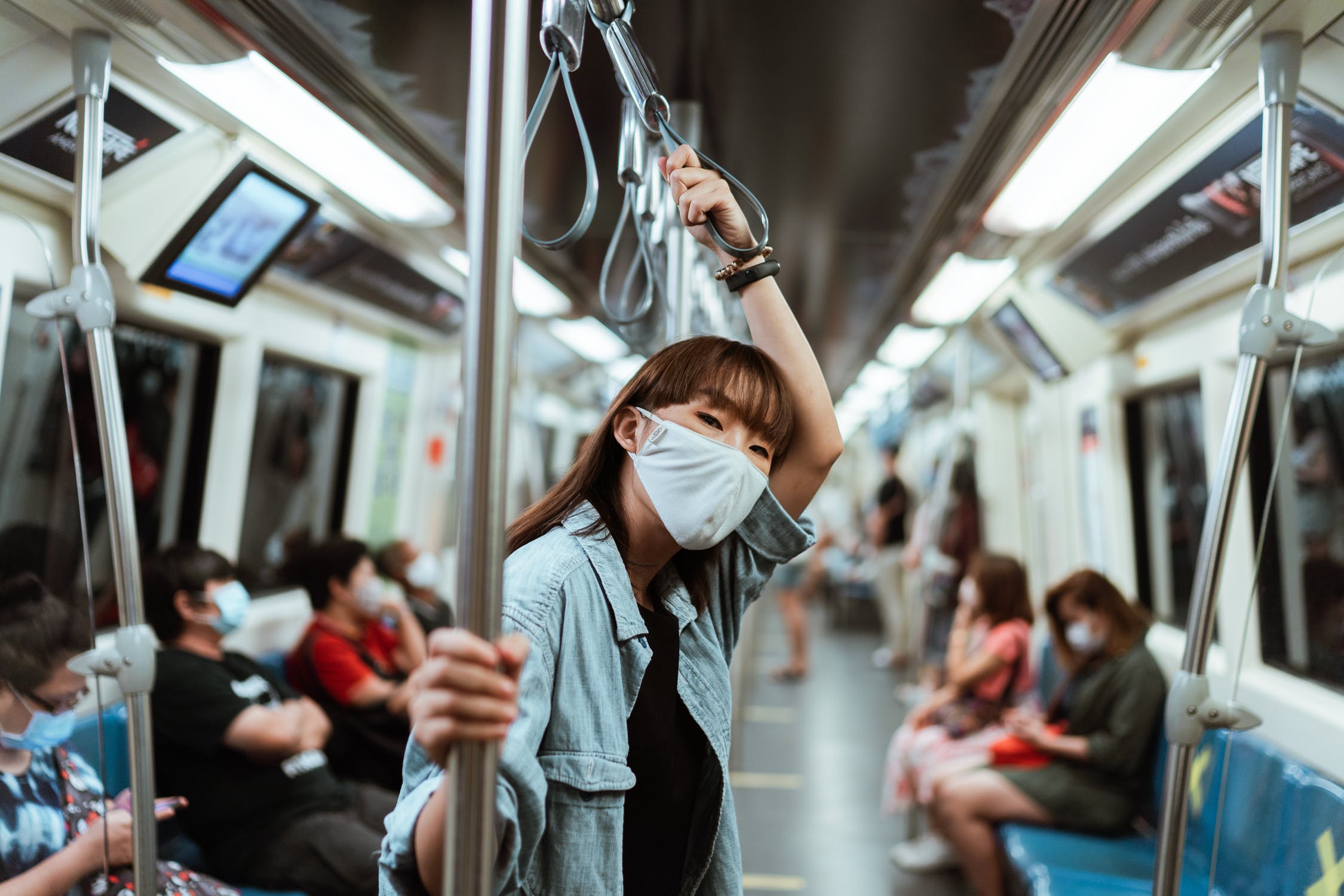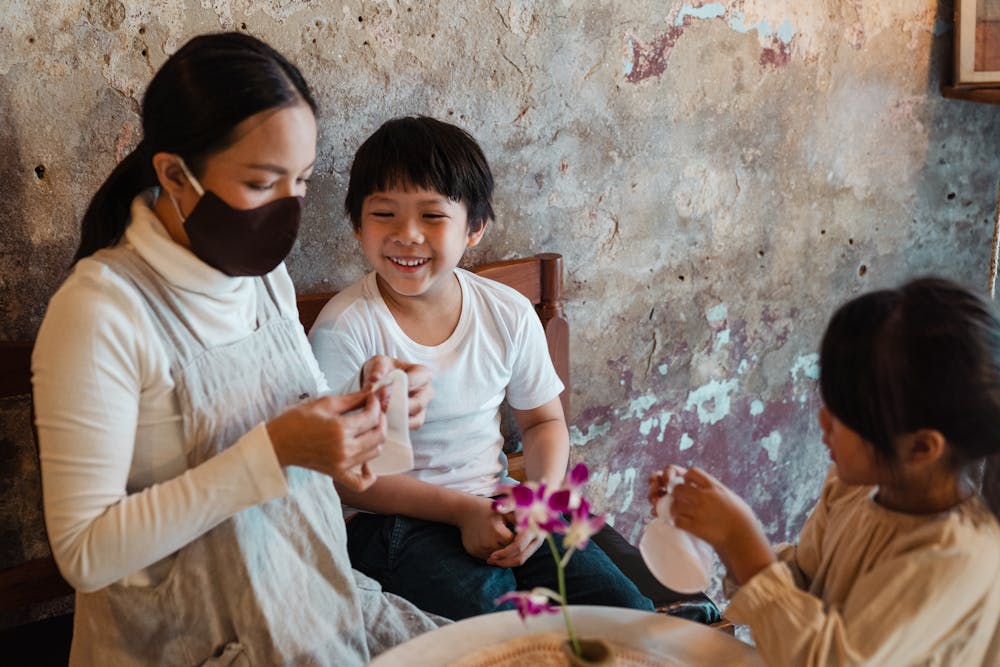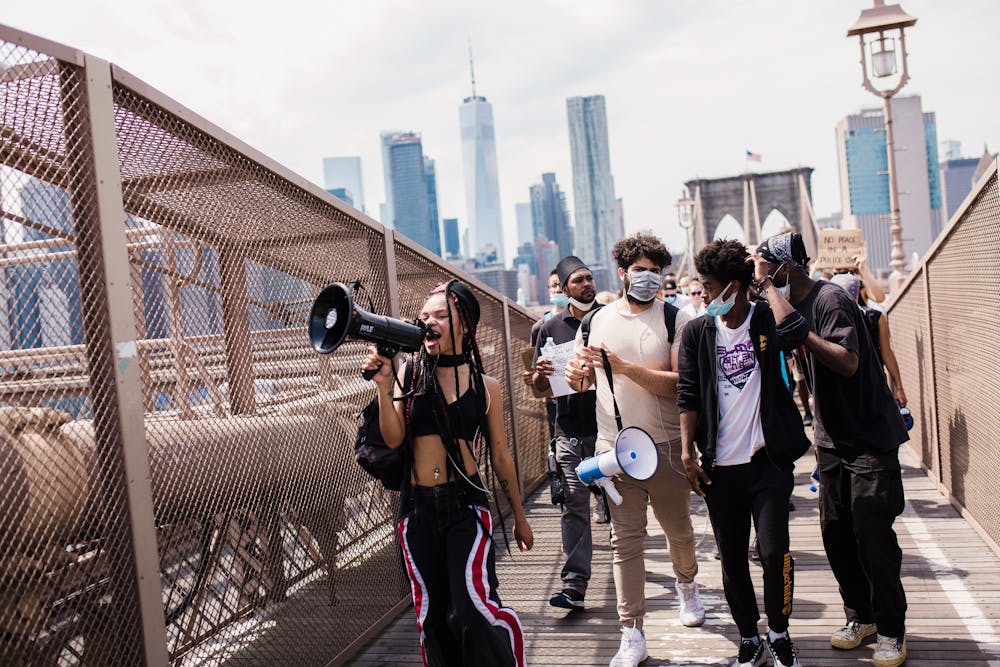
How Culture Influences Mask Wearing Tendencies Across The Globe
Considering the seriousness of the coronavirus and how it affected the entire world, you would think that wearing face masks and adopting a preventive lifestyle would be a normal response from people all around the world. Sadly, that is not entirely true. Cultures tend to affect people’s decision to wear a mask or not. People across different cultures have responded differently to the pandemic. And nowhere is this difference more visible than in their mask-wearing tendencies. Let’s take a look at how the ideas of collectivism and individualism tend to play a role in the whole mask culture scenario.
The Eastern Idea Of Collective Responsibility

Eastern Asia adopted the mask culture when the SARs outbreak took many lives 17 years ago. To this day, the general public remembers memories of the time, and wearing face masks outdoors is normal. People in that particular part of the world consider wearing masks an ext of solidarity, to protect each other, and unite against a common enemy – the disease. Over there, wearing masks and taking precautionary measures is a collective responsibility of every citizen. And there is no argument or debate or whether or not masks should be worn.
Conformity Vs. Individualism

While the mask culture in Asia promotes conformity, American individualism has become an obstacle to wearing masks in the U.S. In a survey conducted by Brookings, it was evident that 40% of the Americans who chose not to wear a face mask justified their actions by saying that it is their “right” as a citizen of America. Additionally, 24% of people said they didn’t want to wear a mask because it was “uncomfortable”. Furthermore, 64% of Americans say that their civil rights are more important than health risks. Other common answers included coronavirus being a conspiracy, not having access to a mask, etc.
The Fear Of The Outsider

The pandemic has also resulted in the rise of xenophobic attitudes all across the globe. Moreover, fear of the disease itself coupled with the concepts of in-group favoritism in cultural psychology points to a trend where countries have become wary of contact with foreigners. Borders began closing all over the world and protective measures became essential at a national level. More serious manifestations of this case took place with Donald Trump calling the virus “Chinese Virus” and China responded with its own set of anti-American conspiracy theories.
The “See Me” Obsession
In the U.S, there is a very distinct split on the whole mask-wearing debate. Some outright refuse on the basis of civil rights and others deny the existence of the virus entirely. Some even see mask-wearing as a sign of weakness or vulnerability. Perhaps the ideology of individualism in the American culture has a role to play here. However, beyond the obvious, there is also an obsession. The need that says, “see me”. One that is more prominent in cultures that thrive on individualism. Perhaps, this obsession might also have a role to play in the choices people end up making.
Final Thoughts
The mask culture in Asia and American individualism ideology are two opposite aspects of a scenario. Sadly, it’s more than just a mere debate. We’re losing thousands and thousands of lives everyday. And more are still in danger because of the stubbornness of a particular few who feel offended by wearing masks. Choosing our own comfort and convenience at the expense of the health of others is selfish, to say the least.



